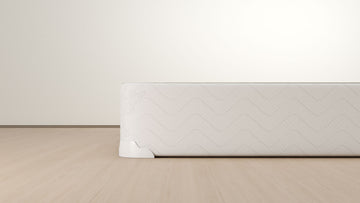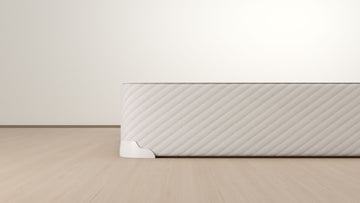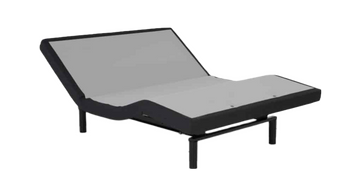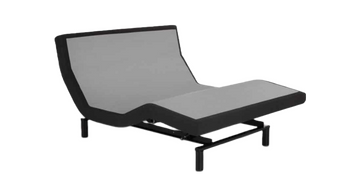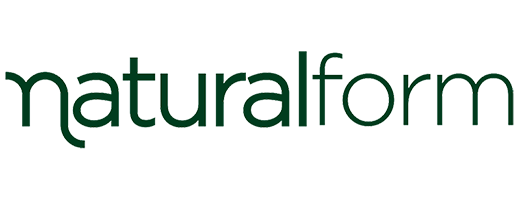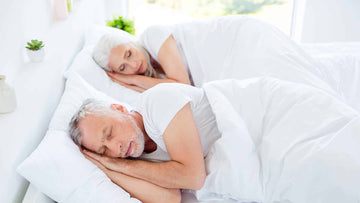Naps can be hit or miss. You decide to take a nap because you feel a little run down and could use some more sleep. But then you wake up and may feel even worse than you did when you laid down. One of the most unfortunate side effects of taking a nap is waking up with a headache, making you regret the decision to take a nap and putting a damper on the rest of your day. But why do we wake up from a nap with a headache, and how can we prevent it?
Why do you wake up from a nap with a headache?
In most cases, there is no reason to be worried about that post-nap headache you get. Besides being annoying, there is typically no underlying medical concern, and it is instead due to something that you can fix.
Dehydration
Drinking water is one of the most important things that you can do for your body, and in most cases, a headache is a sign that you are starting to become dehydrated. When you take a nap, you go an extended period of time without drinking anything, and so if you had not had any water prior to your nap, you might wake up experiencing this symptom of dehydration. The easiest fix? Keep water by your bed, make sure you stay hydrated throughout the day, and take a big drink once you wake up from your nap.
Hunger
Most naps occur in the afternoon. If you decide to take a nap without eating beforehand, your blood sugar may plummet, resulting in a headache. To help combat this, enjoy a small snack before a nap to ensure that your body is fully nourished.
Straining your neck
Sleeping in a weird position can cause all kinds of discomfort, and when this discomfort creeps close to the head (such as with neck pain), it can manifest as a headache. The best way to ease any muscle tension in the neck is to complete some gentle stretches and make sure that you are not holding any position for too long throughout the day, such as when sitting at a desk or driving. If your job puts you in these positions, be sure to take frequent breaks to rest and stretch your neck.
Teeth grinding and clenching
If you grind or clench your teeth while sleeping, you put an intense amount of strain and tension on the jaw muscles, which can manifest as a headache.
If the teeth grinding is due to anxiety or stress, therapy or mindfulness activities may help reduce its appearance. A mouthguard is another option that can help reduce teeth grinding.
Allergies
If you consistently experience a headache upon waking up, it may be due to allergies. When you are allergic to something and then come into contact with it, you may experience a buildup of pressure in the head, which can cause a headache. If you notice that you wake up with other signs of allergies, such as sneezing, sore or itchy eyes or throat, and feeling tired, check with a doctor to see if antihistamines can help you out.
Your pillow
Your pillow serves a greater purpose than providing comfort for your head; it also holds your neck and head in a position that supports your body. If you don’t have the right pillow or aren’t using it in the best way, you might be inadvertently putting your body in a position that will cause unnecessary strain on the muscles. If those muscles being strained are close to the head, the pain can radiate and manifest as a headache.
You will want to make sure that you use a pillow that holds your head and neck in a neutral position. This means that you don’t want your head and neck to be at an angle at all; your spine should be as straight as if you were standing, with your head directly above it.
If your pillow is not providing that much support, it may be time to find a new one. If your head is being held up too high, either cut back on the number of pillows you use or find one that isn’t so firm.
Can sleeping too much cause headaches?
While sleeping too little can cause a headache, it’s possible that sleeping too much can cause a headache as well.
This is likely because sleeping too much disrupts the neurotransmitter serotonin. This hormone helps maintain your circadian rhythm, which is what helps your body know when it is time to sleep and wake up. Serotonin wakes the body up and has it crave food and water. However, if you sleep for too long, your body starts to feel hungry and dehydrated, which can turn into a headache. This is why you may wake up feeling hungry and thirsty, but eating and drinking water often helps relieve the headache.
Improving sleep hygiene
Your sleep hygiene refers to how healthy your sleep habits are. The healthier your sleep habits, the better your sleep will be. If you continually wake up from a nap with a headache, it may be worthwhile to look into how you can improve your sleep hygiene.
In most cases, determining your sleep hygiene will rely on narrowing down the potential causes of your headache and doing what you can to remedy it. For example, if you are notorious for not drinking enough water, try to increase your water intake and keep a water bottle nearby so that you can drink when you wake from your nap. Making this change may help relieve your headaches.
If you think your pillow is to blame, try a new pillow or setup until your body is in a position that keeps the spine, neck, and head in alignment.
Additional habits that promote good sleep hygiene include:
- exercising daily
- reducing caffeine consumption
- limiting daytime naps
- implementing a relaxing nighttime routine
Not only can these habits help address some of the common causes of headaches, but adding these habits to your daily schedule will also help improve your quality and duration of sleep at night so that, if your headaches result from too little sleep, this can address it.



